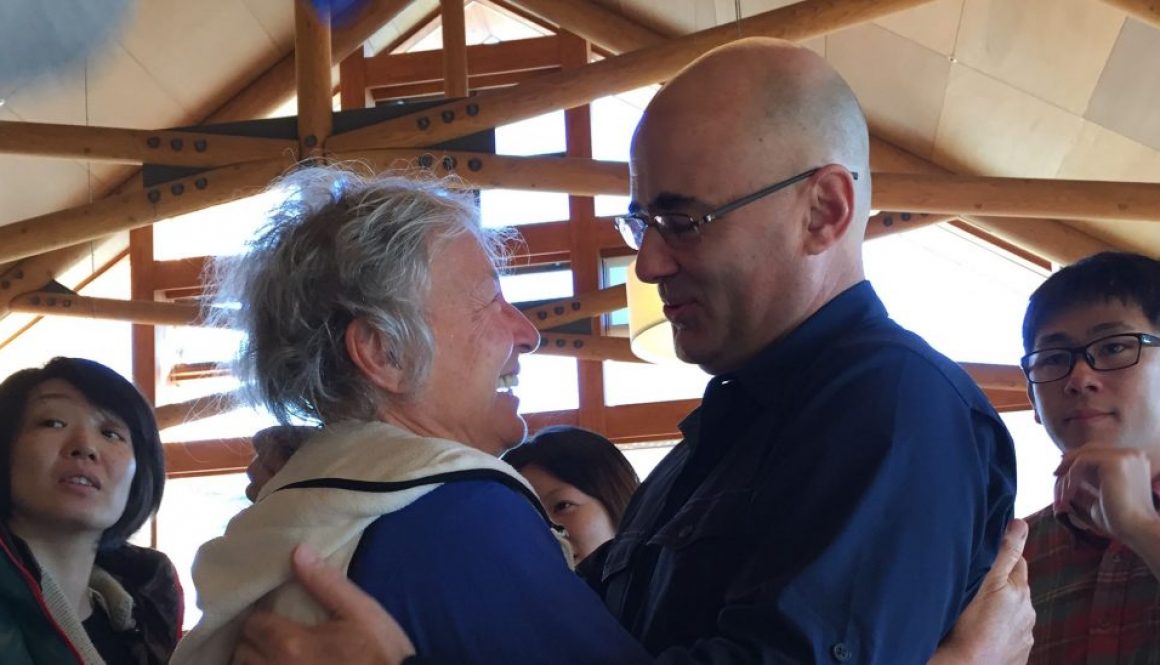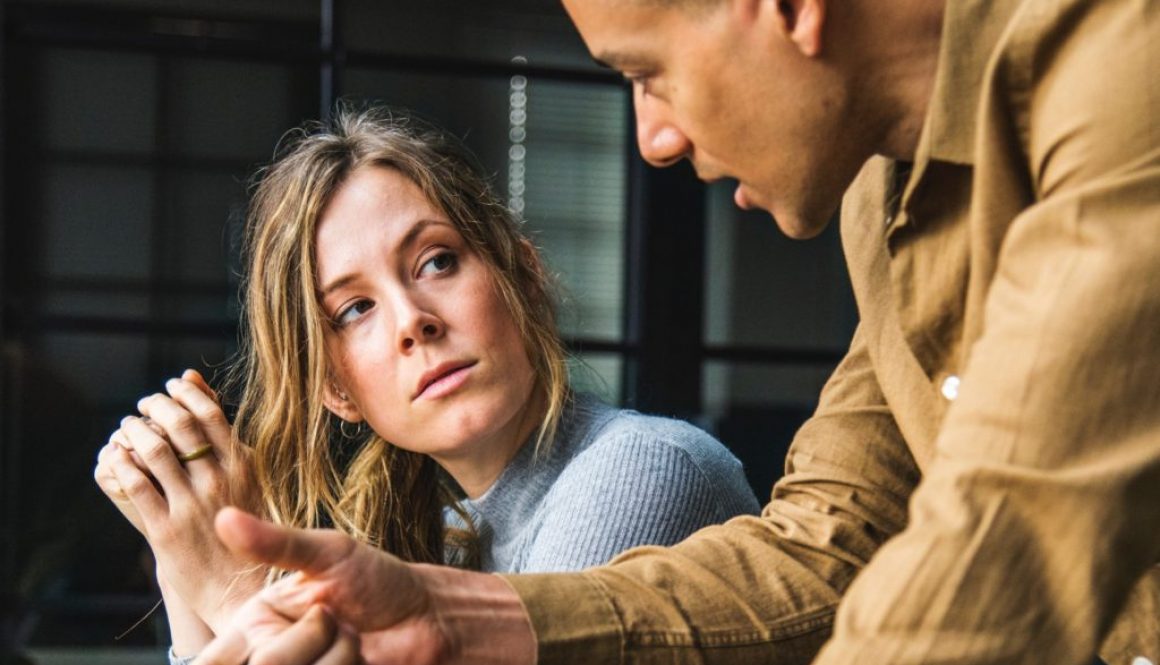Why does NVC focus on direct experience rather than creating a new belief system? By Jim Manske
For me, I am learning that thinking (beliefs), although useful for 3 outcomes*, often gets in the way of realizing the connection that is always present when I am observing. Living in Hawai’i has contributed to trusting my direct experience.
When I go to my direct experience, I do not find any boundary between “me” or “you”. Instead, I experience “we”. I notice we live in an interdependent field of mutuality. As the Hawaiians remind us, “Aloha! We breath the same air!”
Maybe I can make myself clear if I share my understanding of the “NVC journey”.
Because of the way we have been educated, our NVC journey begins with beliefs like, I am separate from you, and I think or believe, “I feel _______ because you _______.” (These beliefs seem to me a root of”jackal language patterns that contribute to suffering).
Learning and practicing NVC helped me to get a little closer to the truth of direct experience because it supports conditioning a new belief, “I feel __________ because I need ____________” and because it awakened observing without evaluation and the shared power of making a request.
After about 10 years of NVC (plus about 25 years of other spiritual practice, I discovered a direct experience of “Observing what is actually happening, I am noticing a feeling of ____________ arising from needing ____________, and naturally connect with what I call request energy moving me toward resources to fulfill the need. (If there is a temporary lack of resources, pain continues to arise, what Marshall called mourning.)
As far as I can tell, this requires no belief, although conceptual thoughts still arise to help me navigate the world. (For example, “it’s 50 minutes until I board my next flight.”)
So, as far as I can tell at my current level of awakening, no belief is required to navigate the world, any beliefs that arise in me can be observed without believing in them. Observing is “enough”:
-Observing what arises in the world (Perceiving)
-Observing what arises in the body (Feeling, Sensing)
-Observing what arises in the mind (Thinking, Needing, Requesting)
So, I take a stand as “Giraffe” or Observing Awareness.
*By the way, the three useful strategies for thinking:
1. Navigating the practical requirements of life, for example. “We don’t have any vegetables in the house. I guess a stop at the grocery store would be useful!”
2. Celebration: Noticing and savoring needs met and unmet in the service of Life. For example, “I’m feeling grateful I have a roof over my head during this storm!”
3. Awakening, Coaching myself to use skills, integrating new skills and learning. For example the thought, “Who needs what right now?”
I am grateful for your feedback on what I write here. I notice vulnerability arising in me, wondering and doubting if words can actually express clearly what I am experiencing. Please let me know what arises in you as you take in what I write.




